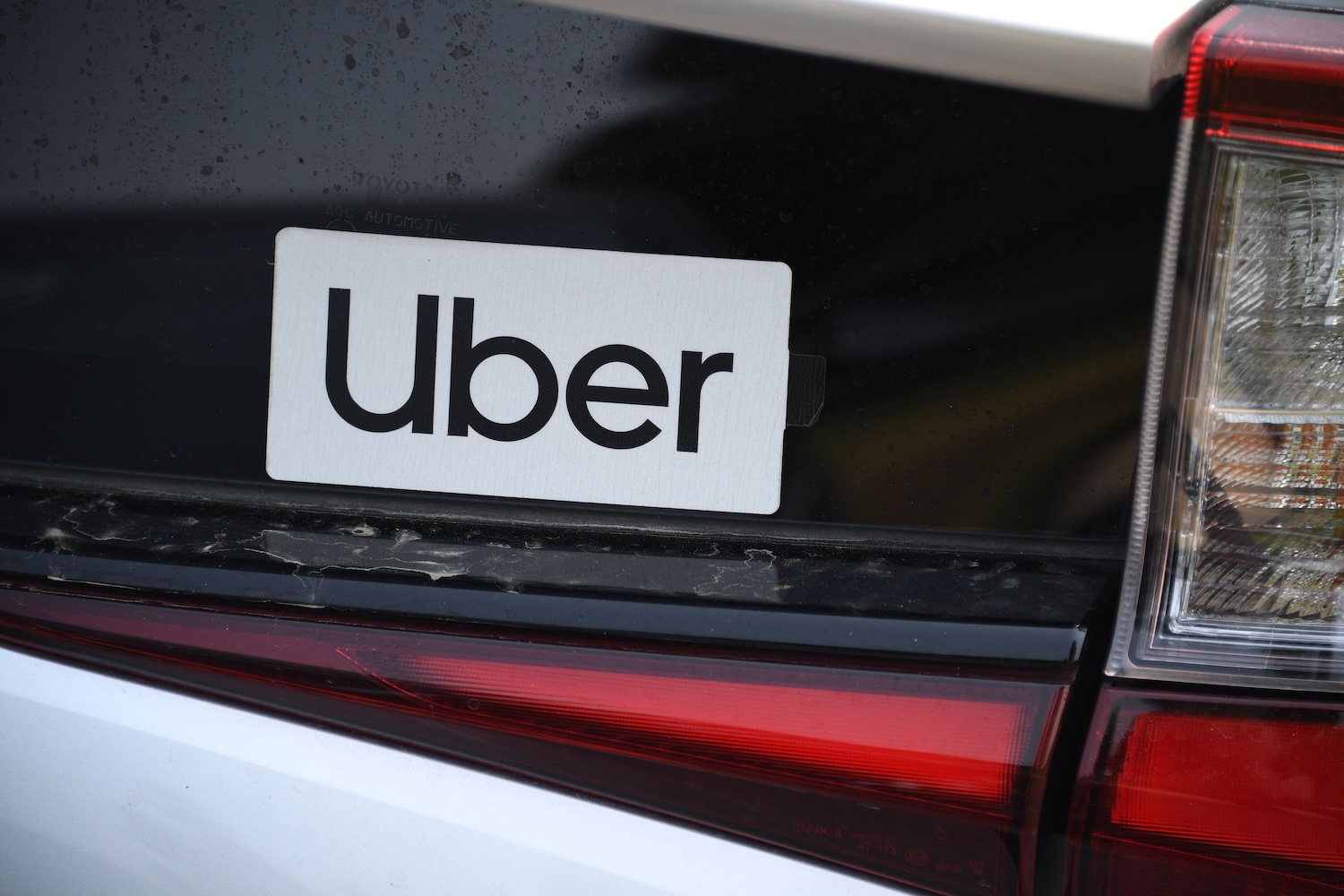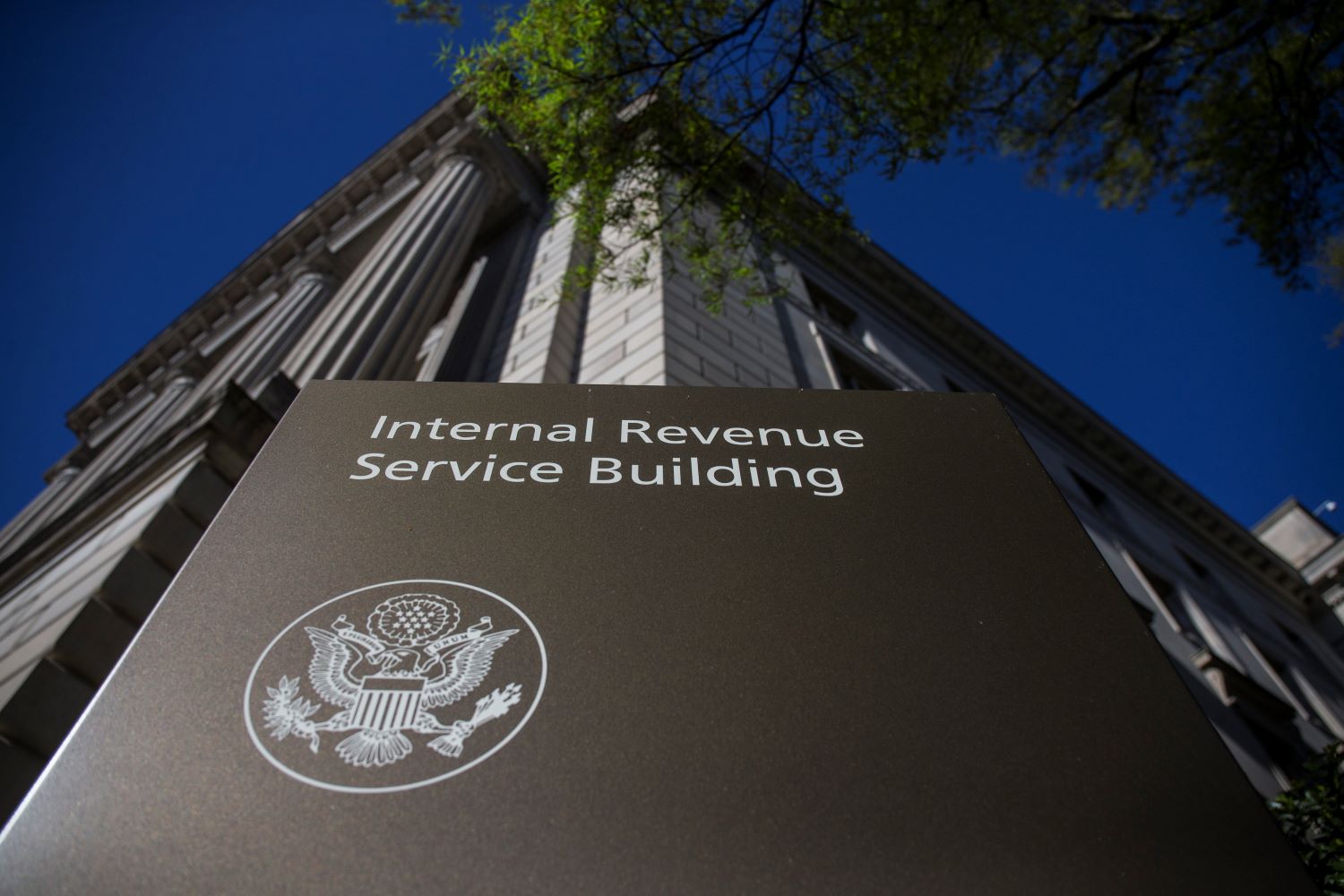Seattle City Council has unanimously passed a bill allowing drivers for Uber, Lyft, and other ride-hailing services to form unions. Seattle is the first US city to allow these drivers a way to collectively bargain.
This means drivers will be able negotiate their salaries and working conditions as a unit. It does not mean, however, that they’ll be considered employees—the bill refers to the workers as independent contractors.
The National Labor Relations Act doesn’t give independent contractors the same protections for bargaining directly with the companies they work for as employees, but this bill offers a workaround by allowing a certified non-profit to represent the interests of drivers.
“It’s clear the nature of work has shifted in part because of technology and in part because there are corporations that don’t like labor protections,” Mike O’Brien, the councilman who introduced the bill, told the New York Times. “What is that reality going to look like? I believe there should be some solutions.”
A Lyft spokesperson told Gizmodo by email that the company does not support today’s decision:
Lyft provides consumers with convenient and affordable transportation, and drivers with the ability to make money in their free time. Lyft drivers are entirely in control of where or when they work, and this flexibility is exactly why the service is so popular with with people looking to make extra income. Unfortunately, the ordinance passed today threatens the privacy of drivers, imposes substantial costs on passengers and the City, and conflicts with longstanding federal law. We urge the Mayor and full Council to reconsider this legislation and listen to the voices of their constituents who choose to drive with Lyft because of the flexible economic opportunity it offers.
An Uber spokesperson offered up this comment by email when I asked about the unionization effort:
Uber is creating new opportunities for many people to earn a better living on their own time and their own terms. Drivers say that with flexible and independent work with Uber, 50% of them drive fewer than 10 hours a week, 70% have full-time or part-time work outside of Uber and 65% choose to vary the hours they drive 25% week-to-week.
Photo: Flickr













